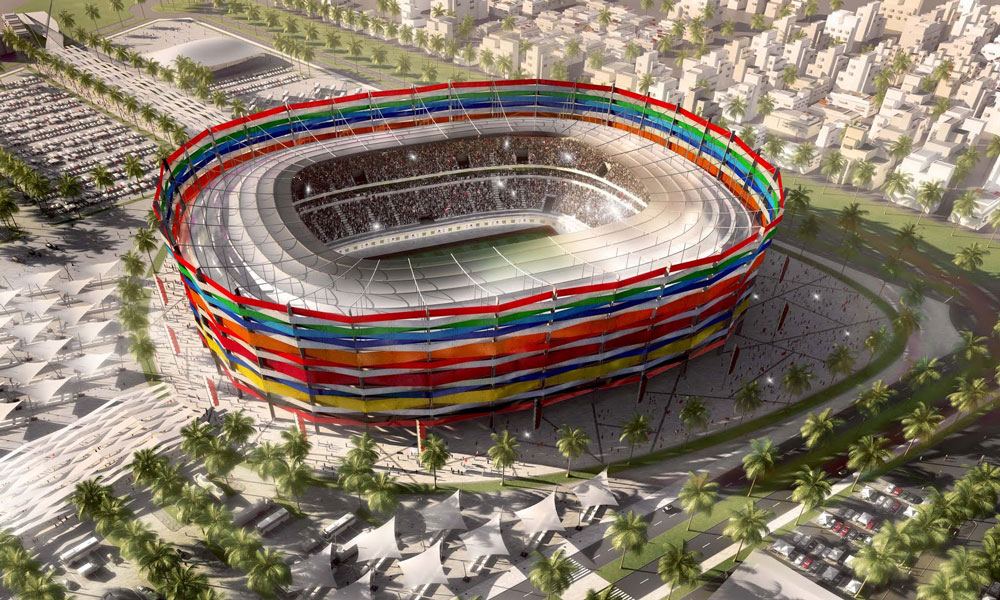
Five Leadership Problems That Brought on the FIFA Disaster
With nine FIFA executives indicted on a wide array of corruption charges, the organization that governs international soccer and manages the World Cup has become a poster child for leadership gone wrong. Here's why.
This is definitely not the way an executive committee meeting usually goes.
On Wednesday morning, seven leading executives of FIFA, soccer’s worldwide governing body, were arrested in Zurich on a variety of charges, including fraud, bribery, and money laundering. (Two other FIFA execs were also indicted.) The New York Times noted that U.S. officials described the organization “in terms normally reserved for Mafia families and drug cartels.”
FIFA was caught off-guard by the arrests, which took place in a Swiss luxury hotel on the cusp of a vote for the organization’s next president. But maybe it shouldn’t have been surprised. Allegations of corruption in FIFA’s leadership have swirled for decades, and a toxic governance culture in the organization has been well documented.
What got FIFA into this mess? Here are five of the most common leadership problems cited by critics.
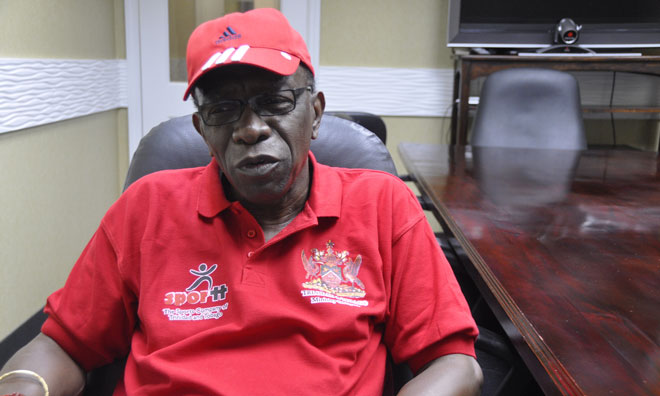 Former FIFA Vice President Jack Warner, who was arrested Wednesday. (BBC World Service/Flickr)
Former FIFA Vice President Jack Warner, who was arrested Wednesday. (BBC World Service/Flickr)
1. a history of ethical lapses
The recent controversy in the organization has focused on a pair of World Cups—planned for Russia in 2018 and Qatar in 2022—with allegations of bribery tied to the bidding process for each event.
But many of those arrested Wednesday were linked to allegations that long predate the current scandal. For example, former FIFA Vice President Jack Warner had been under investigation for allegedly profiting from the resale of tickets to the 2006 World Cup and for reneging on promises to the Trinidad and Tobago team concerning their bonuses from that tournament.
When Warner stepped down from his vice presidential role in 2011, the organization dropped a separate political bribery investigation against him.
“As a consequence of Mr. Warner’s self-determined resignation, all Ethics Committee procedures against him have been closed and the presumption of innocence is maintained,” FIFA stated in a 2011 news release.
 (iStock/Thinkstock)
(iStock/Thinkstock)
2. Resistance to Transparency
On occasions when corruption charges were investigated, FIFA worked to avoid public reporting. Last year, it squelched a report of an independent investigation by Michael J. Garcia, a former U.S. attorney for New York’s Southern District, into allegations of bribery related to the venue selections for the 2018 and 2022 World Cups. The report was completed and submitted to FIFA in September, but the organization chose not to release it in its original form, as Garcia had recommended.
Eventually, FIFA agreed to release the report in a heavily redacted form, but only two days after Garcia had resigned from his post. Yet the full report’s release has been delayed until after key dates for FIFA leadership, including this week’s election.
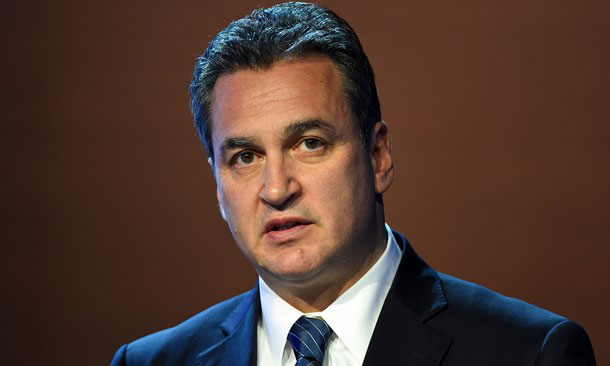 Former FIFA ethics committee head Michael Garcia. (FIFA handout photo)
Former FIFA ethics committee head Michael Garcia. (FIFA handout photo)
3. deep cultural problems
When Garcia resigned from his investigative role in December, the former U.S. attorney said that his departure was due to a “lack of leadership” in the organization that created deep cultural problems and rifts among colleagues. In one example, Garcia claimed that a colleague on the Ethics Committee, Hans-Joachim Eckert, had misrepresented his report in a summary Eckert wrote that effectively cleared the way for the World Cups in Qatar and Russia to proceed.
“No independent governance committee, investigator, or arbitration panel can change the culture of an organization,” Garcia said wrote in his resignation letter in December, as reported by the Associated Press. Garcia claimed that the executive committee attempted to have him disciplined for “allegedly violating the Code of Ethics through my public comments.”
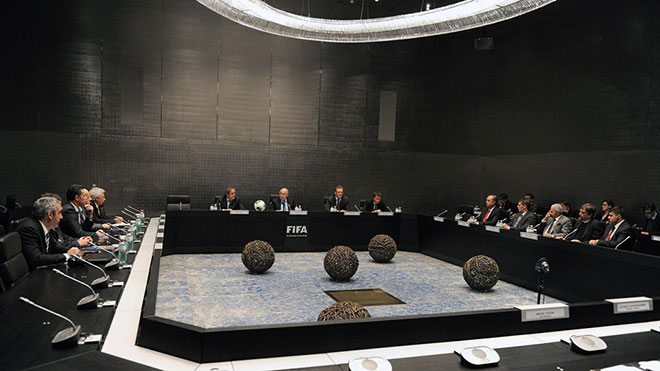 A 2013 meeting at FIFA’s headquarters. (FIFA handout photo)
A 2013 meeting at FIFA’s headquarters. (FIFA handout photo)
4. failure to change
Beyond Garcia’s report, FIFA has been the subject of a number of analyses over the years, including two put together by outside organizations in 2011 and one by its Independent Governance Committee in 2012. The reports offered dozens of suggestions as to how to FIFA could solve its governance problems. However, few of these ideas have been implemented, as FiveThirtyEight‘s Roger Pielke Jr. noted last year.
The three reports made a total of 59 governance recommendations, but, according to FiveThirtyEight, just seven have been implemented fully—all but one of which come from a 2012 report by FIFA’s own Independent Governance Committee. What’s more, 42 of the recommendations went nowhere.
“Although FIFA took some positive steps, such as creating an Ethics Committee with investigative powers, it avoided many steps that are basic to governance of organizations which turn over billions of dollars every year,” Pielke observed.
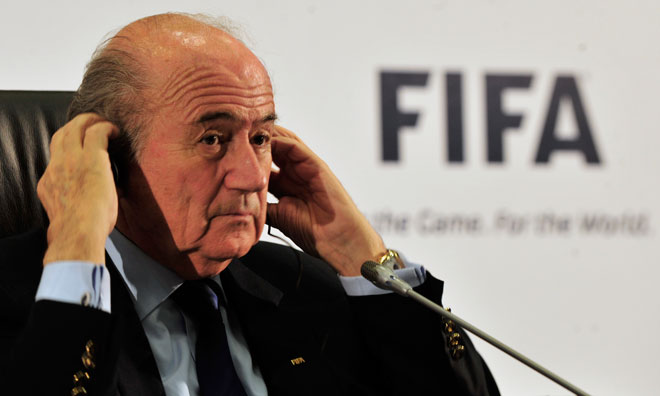 FIFA President Sepp Blatter. (Marcello Casal Jr./Wikimedia Commons)
FIFA President Sepp Blatter. (Marcello Casal Jr./Wikimedia Commons)
5. LacK of public support
Last year, as the FIFA corruption scandal started to take hold, satirist John Oliver took direct aim at Sepp Blatter, the man who has led the organization since 1998.
“The crazy thing is, Sepp Blatter is widely expected to win re-election, even though a hairless bear would do less damage as president,” Oliver said on his HBO program, Last Week Tonight, in a segment that has received more than 10 million views on YouTube.
Although other leaders in similar positions—Roger Goodell, Bud Selig—have faced public criticism, the condemnation that has followed Blatter has carried a more serious air. On Wednesday, the advocacy group Transparency International called for Blatter’s resignation, arguing that this week’s presidential election—which he is expected to win easily—cannot occur with the current cloud over the organization. It called for new elections.
“The warning signs for FIFA have been there for a long time,” Transparency International Managing Director Cobus de Swardt said in a statement. “FIFA has refused to abide by many basic standards of good governance that would reduce the risk of corruption.”
An artist's rendering of one of the stadiums to be used in Qatar in the 2022 World Cup. FIFA is under scrutiny partly due to Qatar's World Cup bid. (Handout photo)






Comments